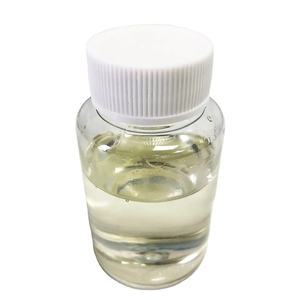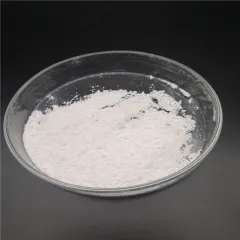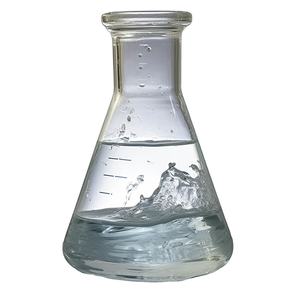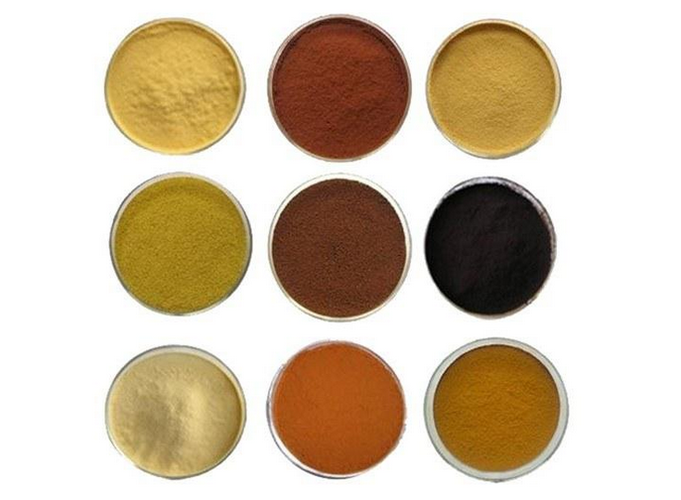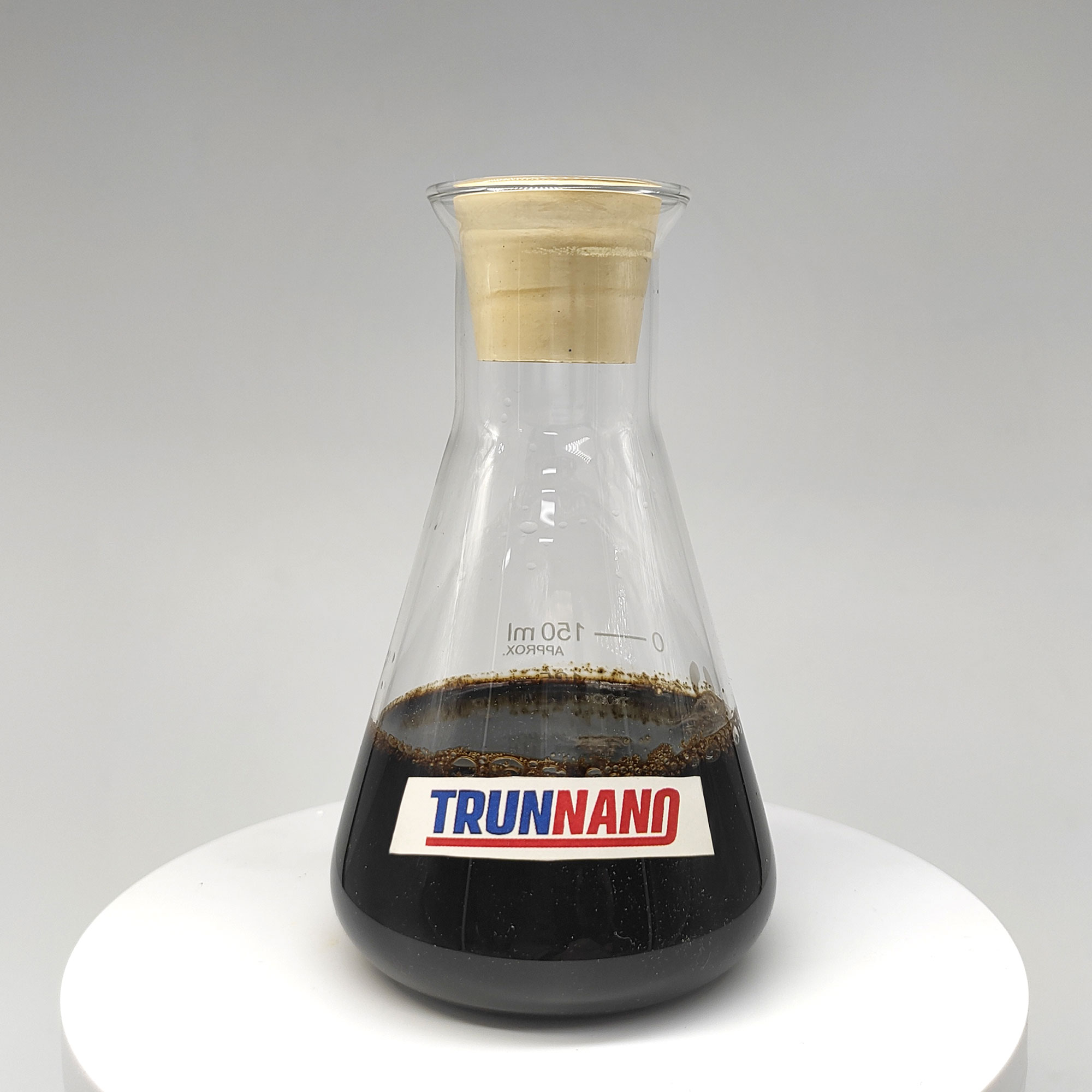Technical Parameters of Powdered Split Second Salt Silicate (CAS 1344-09-8)
(Technical Parameters of Powdered Instant Sodium Silicate (CAS 1344-09-8))
Note: We can additionally customize salt silicate powder with moduli of 2.45, 2.5, and 3.4 according to your needs.
Our Range of Salt Silicate Moduli
We provide powdered split second sodium silicate with moduli varying from 2.0 to 3.3. In addition, we can tailor sodium silicate powder with moduli of 2.45, 2.5, and 3.4 to fulfill your particular requirements.
Intro
With a growing global emphasis on environmental management and lasting growth, sodium silicate, alternatively referred to as water glass or soluble glass, has amassed significant passion in numerous industries owing to its diverse uses. This inorganic substance serves as a vital element in building and construction, papermaking, and detergent manufacturing. Just recently, standard phosphorus-based detergent ingredients such as salt tripolyphosphate (STPP) have been progressively gotten rid of due to their unfavorable results on water environments. In this context, the demand for effective and ecologically safe alternatives has come to be urgent. Salt silicate, with its special characteristics, has entered the spotlight as an appealing choice.
Market Opportunities
1. Worldwide Demand Trends
The worldwide manufacturing of focused artificial cleaning agents has actually seen consistent growth, specifically with the increasing share of ultra-concentrated powders. It is approximated that at the very least 230,000 tons of salt silicate were needed in 2000 alone to fulfill market demand. Provided the present restricted worldwide supply, there is a considerable void in between supply and demand, showing substantial possibility for growth. As customers’ need for premium and environment-friendly items rises, the market for salt silicate is expected to expand even more.
2. International Competitive Landscape
Compared to comparable items produced globally, Chinese-manufactured sodium silicate frequently provides a more affordable rate and equivalent and even superior high quality. For example, the FOB cost of sodium silicate in the United States is about $51.15 per 100 pounds, while costs in Europe are also greater. This price advantage settings Chinese manufacturers highly in the worldwide market. By continuously innovating and boosting product quality, Chinese producers have the prospective to record a larger share of the international market.
Introduction of Sodium Silicate
Sodium silicate is a substance formed from silicon dioxide (SiO ₂) and sodium oxide (Na ₂ O), commonly stood for by the formula Na ₂ O · nSiO ₂, where n varies relying on the particular type. It is characterized by great solubility, a high pH degree, and outstanding cleansing residential or commercial properties, making it an ideal cleaning agent additive. Beyond its usage in cleaning agents, salt silicate is extensively utilized in the building market, such as in waterproofing products and sealers. In the paper market, it enhances the strength and smoothness of paper. Additionally, it discovers applications in fabric dyeing, oil extraction, and various other fields.
Production Refine
1. Raw Material Prep work: The initial action includes picking ideal basic materials, consisting of silica sand or soluble glass, together with caustic soft drink.
2. Dissolution Stage: The raw products are blended and warmed to a proper temperature level to help with dissolution, making certain thorough mixing of all parts.
3. Formation Control: Particular problems are controlled to promote the formation of wanted crystal structures in the option. Temperature and stress criteria must be precisely taken care of throughout this phase.
4. Filtering and Purification: To make sure the pureness of the last salt silicate product, a plate and frame filter press is used to eliminate unwanted dampness and impurities.
5. Drying and Creating: Spray drying out technology is employed to reduce the wetness content additionally, resulting in a powder form that is very easy to shop and transport.
Cost-Benefit Analysis
From a financial point of view, the production of salt silicate presents clear expense advantages. For a plant with a yearly capacity of 5,000 bunches, the price break down is as complies with:
1. Variable Prices: Roughly $346.71 per load, consisting of basic materials (silica sand/soluble glass and caustic soft drink), power consumption (power and gas), and labor prices.
2. Fixed Costs: Around $141,400 each year, covering devaluation of fixed properties, upkeep, management charges, financing interest, and various other expenses.
3. Total Costs: The mixed total expense is estimated at $385.71 per lot.
4. Sales Earnings: With an approximated market price of $642.86 per ton, the earnings margin per bunch would certainly be approximately $257.15.
( sodium silicate)
5. Economic Benefits: The task might produce a yearly earnings of around $3.21 million, adding roughly $1.29 million in tax income.
This cost-benefit analysis indicates that salt silicate not only provides considerable technological benefits but is likewise very financially sensible. For making firms, purchasing the production and promo of salt silicate can produce substantial financial returns while improving their business social responsibility picture.
Conclusion
In summary, salt silicate, with its exceptional technological efficiency and reduced manufacturing expenses, holds terrific potential as a substitute for traditional phosphorus-based additives. Because of significantly strict ecological regulations and the expanding consumer need for top quality, green items, speeding up the study, growth, and commercialization of sodium silicate will be a key driver in the change of the worldwide cleaning agent industry. For capitalists, entering this field not just contributes to company social obligation yet also assures appealing economic returns and social advantages. With continuous technological innovations and an expanding market, the prospective uses of salt silicate are extensive and merit more examination and growth by industry stakeholders and research bodies.
TRUNNANO is a supplier of Sodium Silicate Materials with over 12 years of experience in nano-building energy conservation and nanotechnology development. It accepts payment via Credit Card, T/T, West Union and Paypal. Trunnano will ship the goods to customers overseas through FedEx, DHL, by air, or by sea. If you want to know more about sodium silicate cement, please feel free to contact us and send an inquiry(sales5@nanotrun.com).
All articles and pictures are from the Internet. If there are any copyright issues, please contact us in time to delete.
Inquiry us




